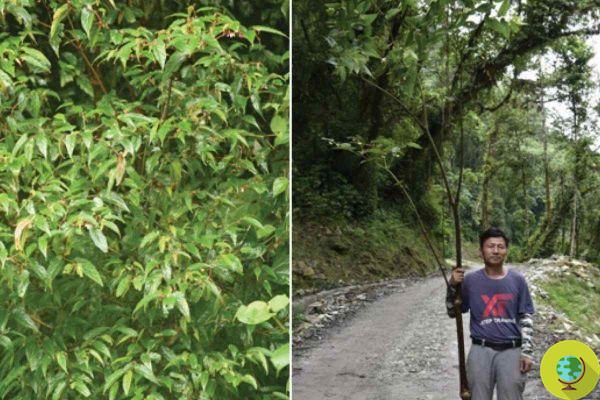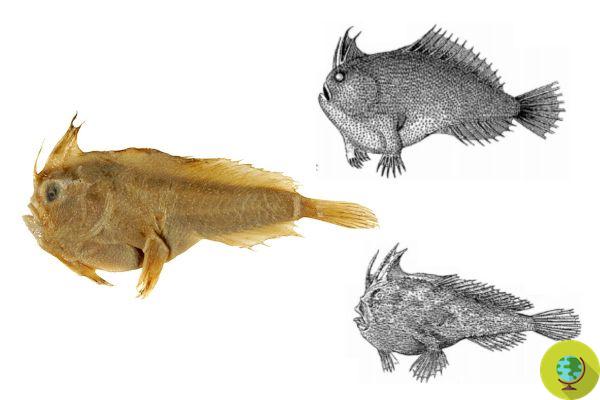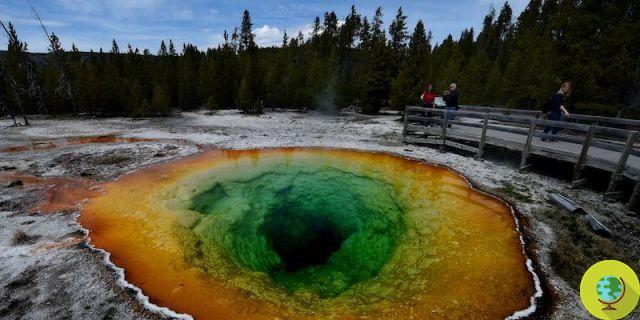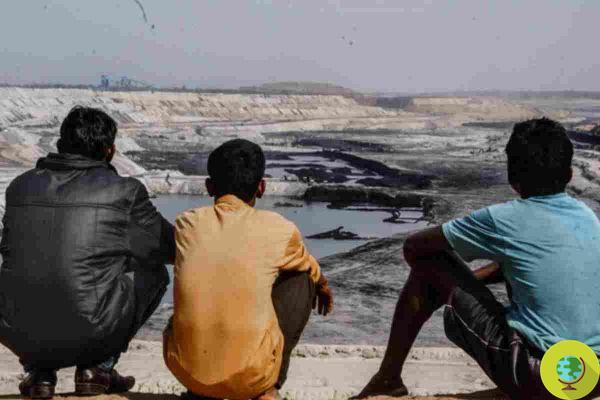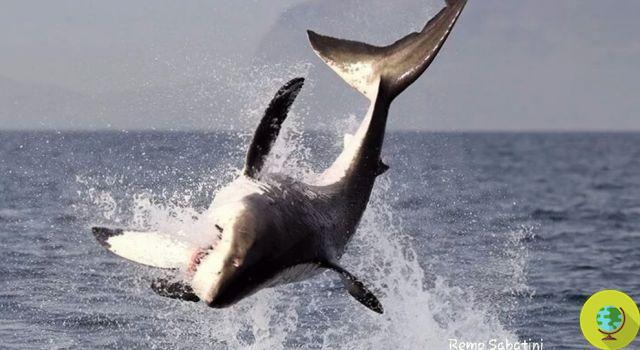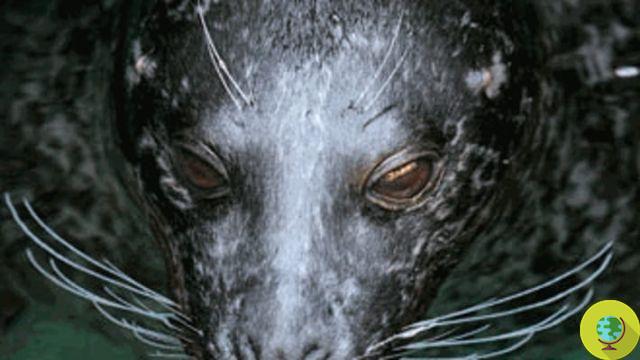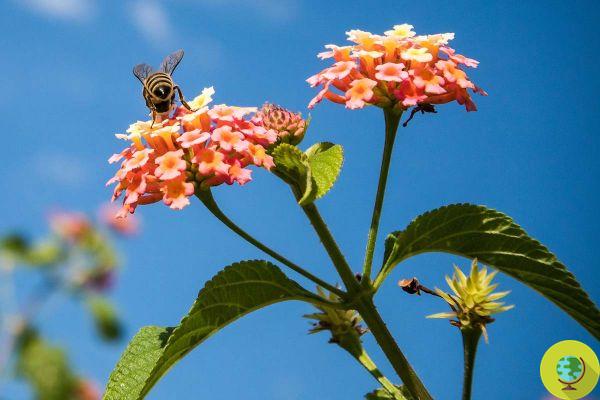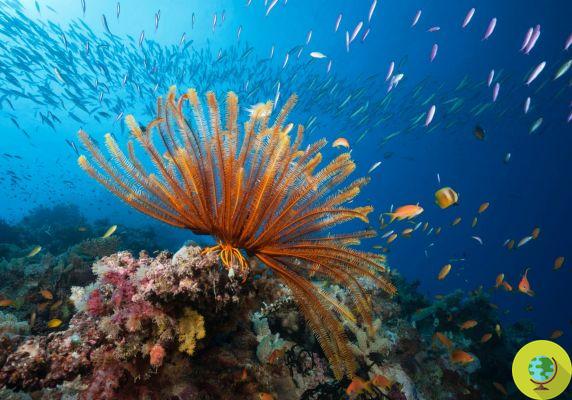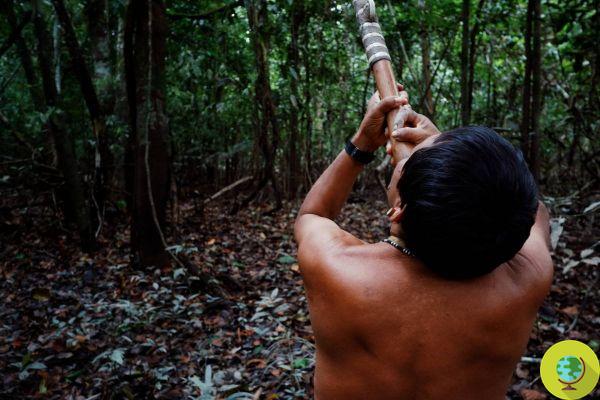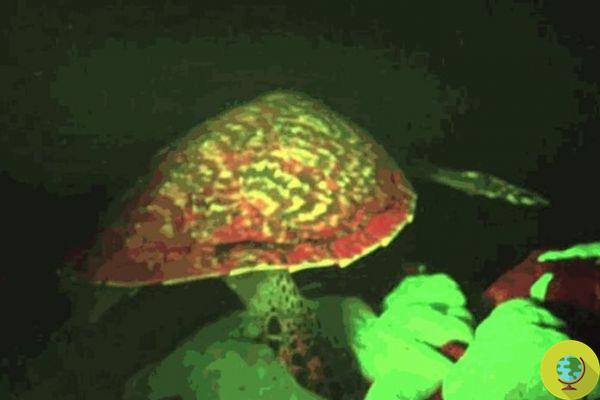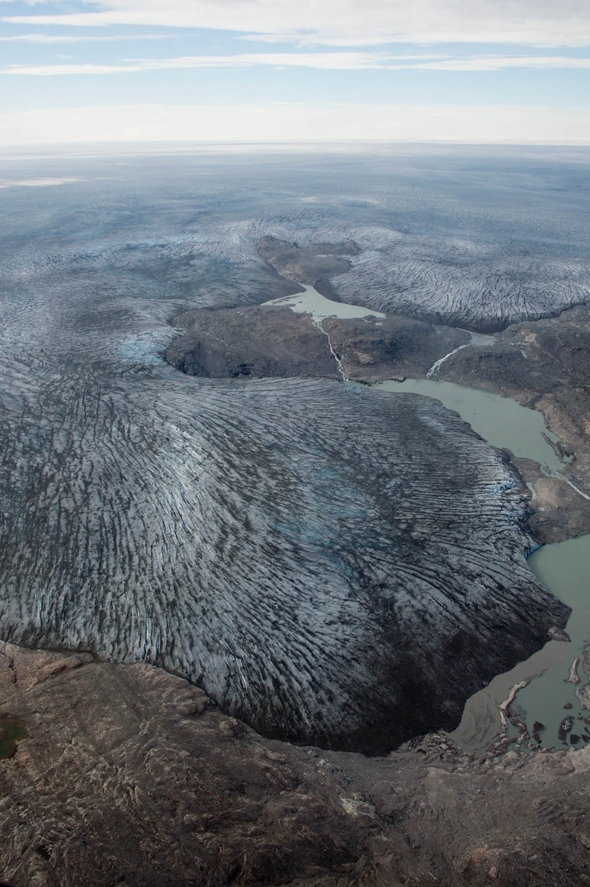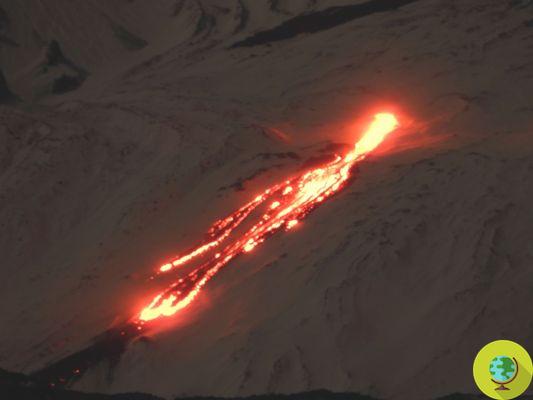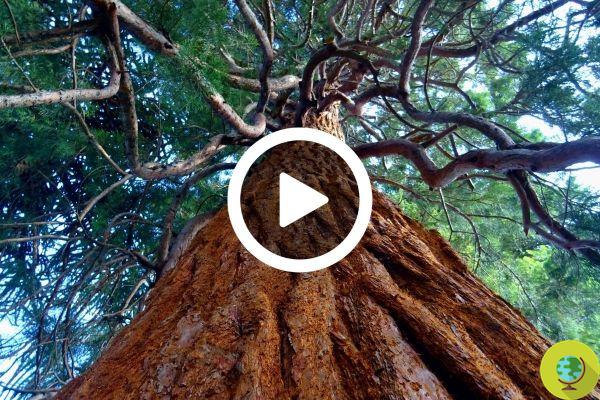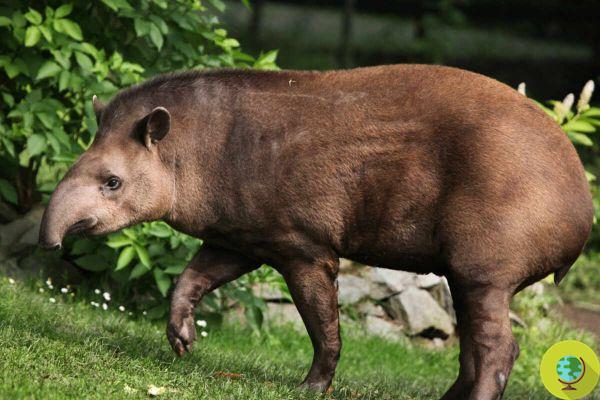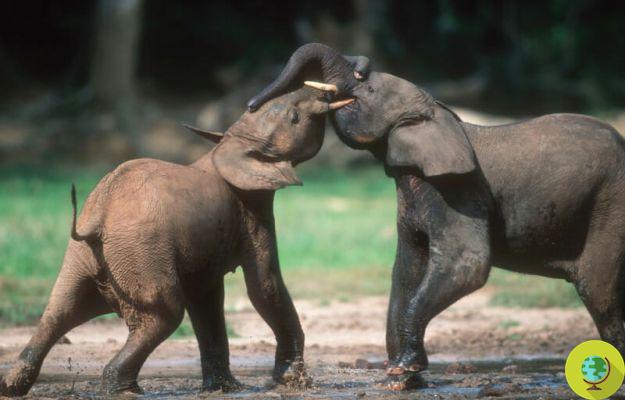
The meeting of CITES, the conference on international trade in endangered species, which lasted for a period of two weeks, closed yesterday, Wednesday 14 March. The decisions taken regarding the trade in sharks and precious timbers have been defined as historical. On the other hand, the positions taken with regard to ivory are disappointing.
He is about to end up run over, his mother saves him
The meeting of CITES, the Conference on International Trade in Endangered Species, which lasted for a period of two weeks. They have been defined as historical decisions undertaken regarding the trade in sharks and precious timbers. On the other hand, the positions taken regarding theivory.
The conference could in fact have been a decisive opportunity to hit hard the illegal ivory trade, but the Governments have decided to express a vote against relating to the imposition of sanctions on countries involved in such illegal activities. The expectations of environmentalists have been deeply disappointed in this regard, as the decision on possible sanctions regarding this practice will have to be postponed to the next edition of the conference.
If the possibility of sanctions was denied, however, countries such as Uganda, Congo, Egypt, Nigeria, Mozambique and Ethiopia were asked to outline a series of actions to be implemented in order to guarantee a progress in the fight against illegal trade of ivory by the summer of 2014. However, it was a question of postponing decisions that could have been taken immediately.
The hope is that in the meantime the governments decide to implement more stringent actions against countries that do not respect the limits linked to the ivory trade. The CITES member governments nevertheless found themselves in agreement on the need to organize campaigns aimed at limit the demand for ivory and in creating better techniques for identifying the origin of the confiscated ivory, through DNA tests.
With regard to the protection of protected species di shark, the Governments gathered they reiterated the need for greater protection for the three most endangered species, with particular reference to the pebble shark, the hammerhead shark and the whitetip shark. THE precious woods are the protagonists of good news, concerning new regulations aimed at the protection of ebony and rosewood, unfortunately subject to illegal logging and excessive export by international trade, for the production of furniture, decorations and musical instruments.
Marta Albè
READ also:
Stop the ivory trade. Thailand's announcement to the Cites
Polar bears: the attempt to ban their trade has failed





